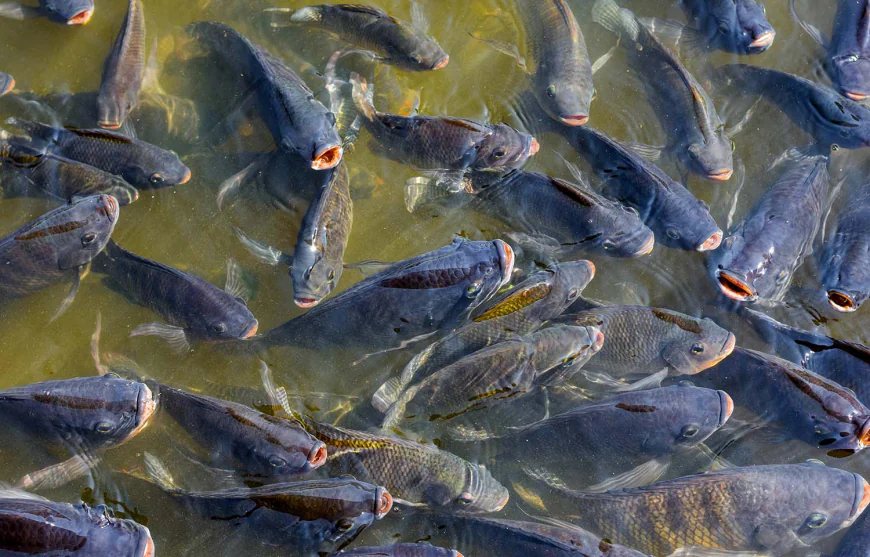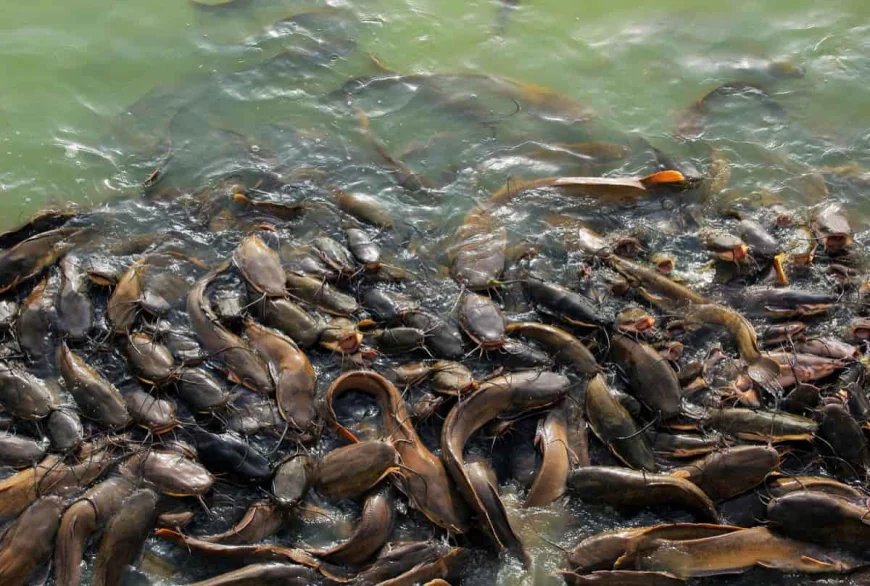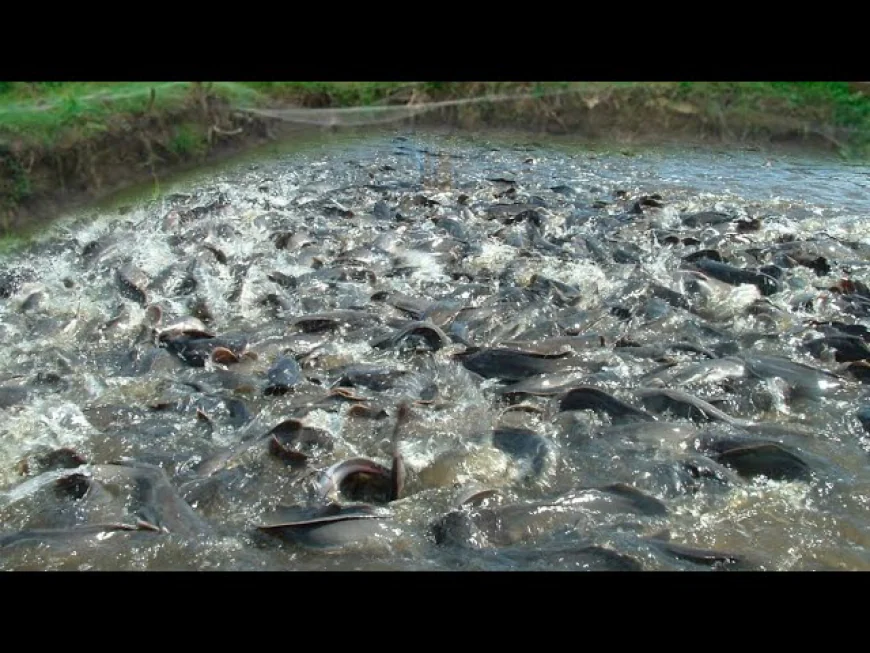Catfish Farming in Ghana: A Lucrative Opportunity for Entrepreneurs in Ghana
Catfish farming is quickly becoming a profitable and sustainable industry in Ghana. More people want to buy catfish, the industry has the potential to boost food security and create jobs, and the government is making it easier for farmers to do business.

Catfish farming is quickly becoming a profitable and sustainable industry in Ghana. More people want to buy catfish, the industry has the potential to boost food security and create jobs, and the government is making it easier for farmers to do business.
This article provides the main reasons catfish farming is gaining popularity in Ghana, along with its future prospects.
Read Also: Top 5 Tech Trends Helping Businesses Thrive in 2025
1. The popularity of it is growing
Because of cultural exchanges and changing gastronomic tastes, Ghanaians are now hungrier than ever for catfish. The rise in "point and kill" restaurants, where customers choose live catfish to be cooked right away, is one illustration of this trend. Additionally, because it can be eaten fresh, smoked, or grilled, catfish is a staple of the local diet and appeals to a wide range of palates.

2. Policy incentives and government support
The Ghanaian government has put policies in place to encourage aquaculture's expansion because it recognizes its potential to strengthen the country's economy. These consist of technical assistance programs, tax breaks for fish farms, and input subsidies. The West Africa Regional Fisheries Programme (WARFP) and similar programs aim to make it easier for catfish farming businesses to be established by boosting fish production and decreasing the need for imports.
Also See: Livestock dealers have very low sales amid Eid-ul-Adha
3. Making money and creating job opportunities
Catfish farming is a lucrative business with low startup costs. To start a business with little money, entrepreneurs can use tarpaulin tanks or earthen ponds, among other farming systems. The industry also creates jobs by employing people to perform jobs like building ponds, feeding fish, processing fish, and marketing fish. In rural areas, where other employment options may be limited, this job creation is especially important.
4. Contributing to food safety
Fish is a significant protein source in Ghanaian cooking. Since wild fish stocks are declining, aquaculture—particularly catfish farming—is crucial to supplying the population's protein needs. By supplying a consistent and affordable supply of fish, catfish farming contributes to increased food security and decreased reliance on imports.

5. Sustainability of the environment
Catfish farming is environmentally beneficial when done properly. One sustainable method of combining aquaculture and agriculture is to water plants with nutrient-rich pond water. Catfish is a more environmentally friendly option for livestock farming than other kinds because it can be raised in a range of farming systems and has high feed conversion rates.
Key Takeaway
Catfish farming is growing in popularity in Ghana due to a number of factors, including strong consumer demand, environmentally friendly regulations, economic viability, and environmental sustainability. As it continues to evolve, the industry has a great deal of potential to support the country's economic growth, job creation, and food security.


